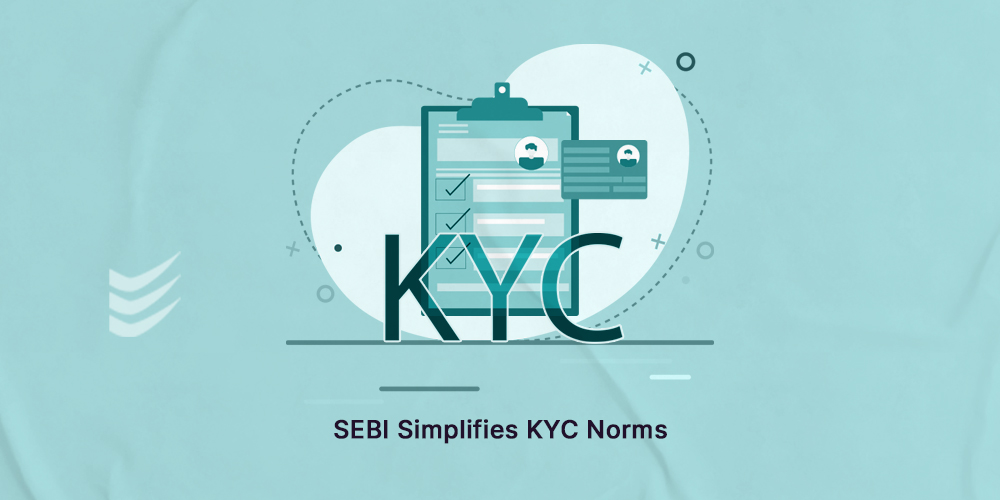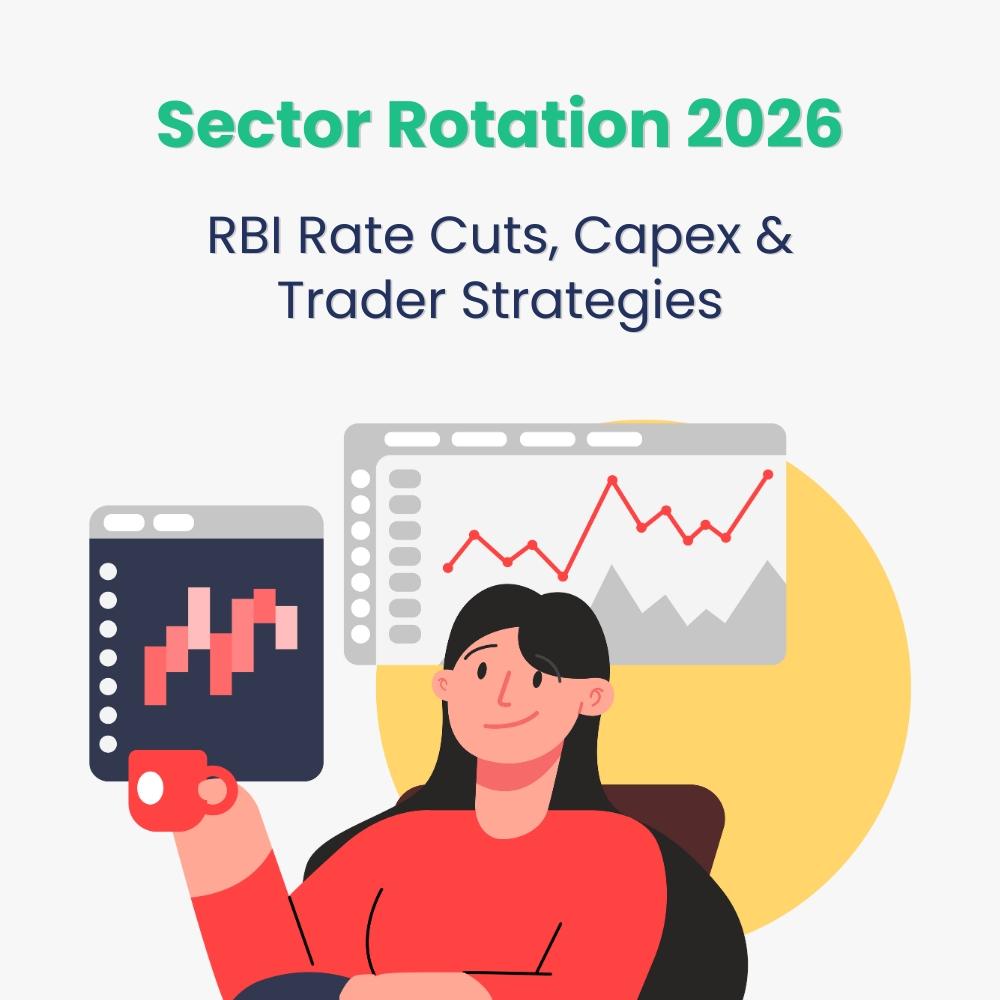SEBI Simplifies KYC Norms on May 14, 2024, to Enhance Risk Management Framework

Introduction:
In a bid to fortify the risk management framework and facilitate transactions for clients, the Securities and Exchange Board of India (SEBI) has recently introduced significant relaxations in Know Your Customer (KYC) norms. This move, outlined in an updated notification on the master circular dated October 12 of the previous year, reflects a strategic shift driven by feedback from stakeholders within the securities market.
The latest circular, dated May 14, 2024, represents a notable departure from previous KYC protocols, emphasizing a simplified approach while upholding robust risk management standards. SEBI's decision to recalibrate KYC norms underscores its commitment to fostering a conducive environment for investors and market participants alike.
This article aims to delve into the key highlights of SEBI's revised KYC norms and elucidate their implications for investors and market participants.
Key Highlights of the Revised KYC Norms:
-
Swift Verification Process: SEBI mandates KYC Registration Agencies (KRAs) to verify clients' PAN, name, and address within two days upon receiving KYC records. This expedited process aims to enhance efficiency and reduce procedural delays, ensuring smoother onboarding experiences for investors.
-
Validation of Records: Client records verified by KRAs through official databases are now categorized as 'validated records,' bolstering the authenticity of KYC documentation and instilling confidence in the verification process.
-
Technical Adaptations: SEBI mandates exchanges, depositories, and intermediaries to complete necessary technical changes in their systems by May 31, 2024. This deadline underscores the importance of prompt adaptation to the revised KYC norms, ensuring seamless integration and compliance across the securities market infrastructure.
SEBI's Regulatory Mandate and Vision:
SEBI's decision to recalibrate KYC norms aligns with its overarching mandate to safeguard investor interests and promote the orderly functioning of securities markets. By leveraging stakeholder feedback and embracing technological advancements, SEBI aims to strike a delicate balance between risk mitigation and operational efficiency within the financial ecosystem.
In its master circular on KYC rules issued last year, SEBI reaffirmed its authority under Section 11(1) of the Securities and Exchange Board of India Act, 1992, and Regulation 17 of the SEBI KYC Registration Agency Regulations, 2011. This regulatory framework underscores SEBI's unwavering commitment to investor protection and market integrity, highlighting its pivotal role as a custodian of trust and transparency in the Indian capital markets.
Looking Ahead:
The relaxation of KYC norms by SEBI heralds a new era of efficiency and accessibility in the securities market landscape. As stakeholders gear up to implement the revised framework, there is palpable optimism regarding its potential to streamline processes, enhance investor confidence, and foster sustained growth in the Indian financial ecosystem.
With a firm focus on innovation and regulatory agility, SEBI continues to chart a course towards a more inclusive and resilient market environment, poised to unlock new opportunities for investors and market participants alike.
For the latest SEBI circular on the relaxed KYC norms, visit: SEBI Circulars
Frequently Asked Questions
-
Why did SEBI relax KYC norms?
SEBI relaxed KYC norms to simplify the risk management framework and enhance ease of transactions for clients. This decision was influenced by feedback from stakeholders in the securities market.
-
What changes were introduced in the updated circular?
In the updated circular, SEBI specified that KYC Registration Agencies (KRAs) must verify the client's Permanent Account Number (PAN), name, and address within two days of receiving KYC records. Additionally, client records verified by KRAs with official databases are considered 'validated records.'
-
What are considered 'validated records' according to SEBI?
SEBI designates records authenticated by KRAs against official databases like the Income Tax Department's PAN database, Aadhaar XML, Digilocker, or M-Aadhaar as 'validated records'.
-
What deadline has been set for technical changes in systems by SEBI?
SEBI has mandated that exchanges, depositories, and intermediaries concerned must complete necessary technical changes in their systems by May 31, 2024.
-
Under what authority did SEBI issue the master circular on KYC rules?
SEBI invoked the authority vested in it by Section 11(1) of the Securities and Exchange Board of India Act, 1992, along with Regulation 17 of the SEBI KYC Registration Agency Regulations, 2011, to issue the master circular on KYC rules. This action was taken with the aim of safeguarding investors' interests in securities and ensuring the regulation of securities markets.



